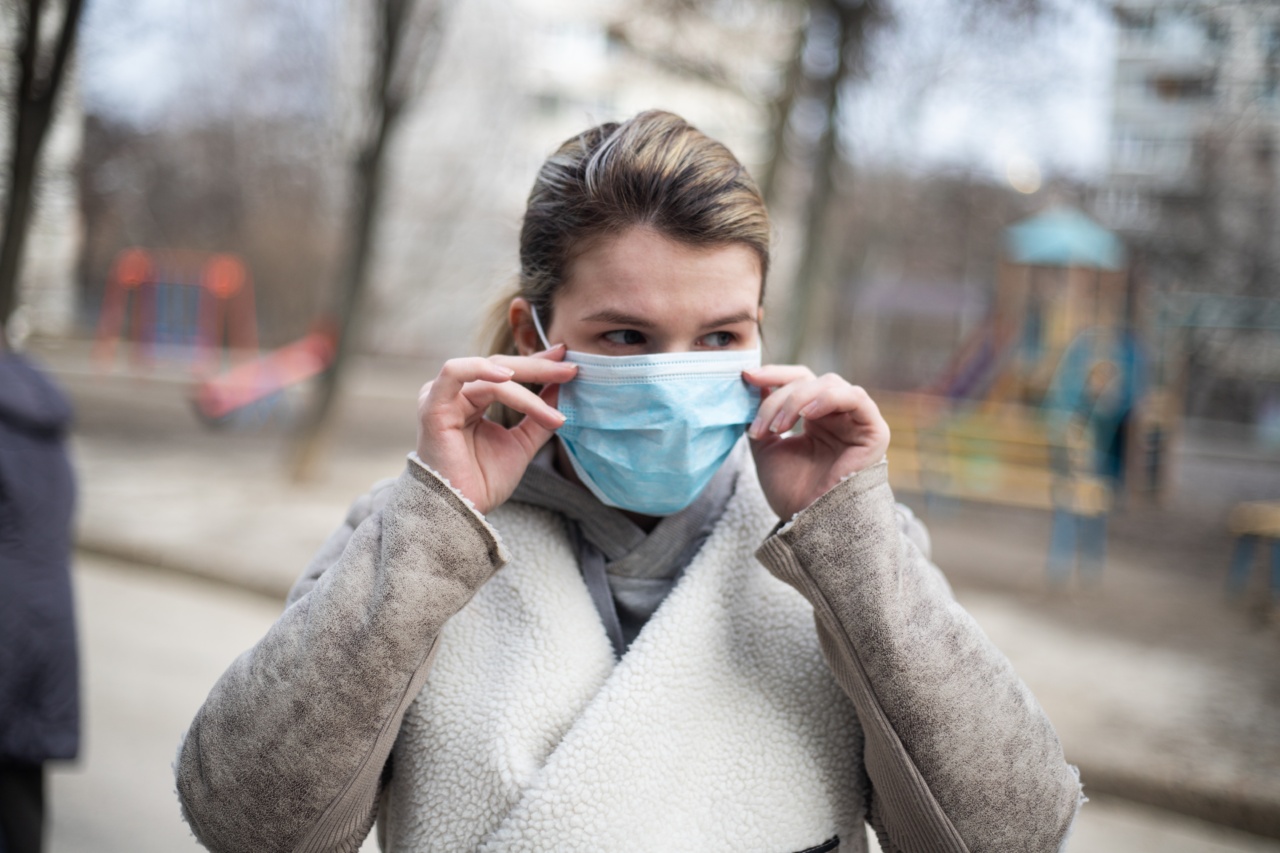Cold and cough are common ailments that affect people worldwide. Although they are not life-threatening, they can be quite uncomfortable, making people seek various remedies to alleviate their symptoms.
However, not all remedies are accurate, and some myths are surrounding cold and cough remedies.
Take this quiz to test your knowledge on the common myths surrounding coughs and colds, and see how well you can separate facts from fiction.
Myth or Fact? Take the Quiz Now!
Question 1: Does Chicken Soup Help Cure a Cold?
Myth or Fact: Myth.
Explanation: While chicken soup can help reduce the symptoms of cold, it will not cure it.
Chicken soup contains anti-inflammatory agents and nutrients, such as vitamin A and C, that help boost the immune system and alleviate congestion. However, it does not have antiviral properties to fight the virus causing the cold.
Question 2: If You Go Outside With Wet Hair, Will You Catch a Cold?
Myth or Fact: Myth.
Explanation: Colds and coughs are caused by viruses, not by going outside with wet hair. Wet hair may make you feel uncomfortable in cold weather, but it will not lead to a cold unless you come in contact with a virus.
Staying in close proximity to someone infected with a cold virus or touching contaminated surfaces can transmit a cold virus to you.
Question 3: Does Vitamin C Prevent and Cure Colds?
Myth or Fact: Myth and Fact.
Explanation: Vitamin C is essential for overall health and immune system function. Although vitamin C does not cure a cold, it can act as a preventive measure in some cases.
Several studies have suggested that taking vitamin C regularly can reduce the duration and severity of cold symptoms in some people, such as individuals with a weakened immune system, smokers, or people who exercise intensely.
Question 4: Can You Catch a Cold From Being Cold?
Myth or Fact: Myth.
Explanation: Being cold or exposed to cold temperatures does not cause colds. Colds are caused by viruses and are transmitted from person to person through contact with respiratory secretions, such as coughing or sneezing.
However, being cold may weaken your immune system and make you more susceptible to catching a cold virus.
Question 5: Can Zinc Lozenges Cure Colds?
Myth or Fact: Fact and Myth.
Explanation: Zinc is an essential mineral that can support immune system function. Some studies have shown that taking zinc lozenges can reduce the duration and severity of cold symptoms if taken at the onset of the illness.
However, zinc lozenges are not a cure for colds, and taking excessive amounts of zinc can cause adverse effects, such as stomach upset and copper deficiency.
Question 6: Is It Better to Take Antibiotics for a Cold?
Myth or Fact: Myth.
Explanation: Antibiotics are not effective against colds, as they are caused by a virus, not bacteria.
Taking antibiotics for a cold can lead to antibiotic resistance, which makes antibiotics less effective in treating bacterial infections in the future. If you have a cold, drink plenty of fluids, get enough rest, and take over-the-counter medications to relieve your symptoms.
Question 7: Does Eating Garlic Help Cure a Cold?
Myth or Fact: Myth.
Explanation: Garlic has antibacterial and antiviral properties, but it does not cure colds. Eating garlic may help boost the immune system, reduce inflammation, and promote overall health.
However, there is no scientific evidence that garlic can cure a cold or shorten its duration.
Question 8: Does Drinking Alcohol Help Cure a Cold?
Myth or Fact: Myth.
Explanation: Drinking alcohol does not cure a cold, and it can actually make your symptoms worse. Alcohol can dehydrate the body, making it harder for the immune system to fight off the virus causing the cold.
Drinking alcohol can also exacerbate congestion and inflammation in the respiratory system, making it harder to breathe.
Question 9: Can Gargling Salt Water Cure a Sore Throat?
Myth or Fact: Fact.
Explanation: Gargling with salt water can help reduce inflammation and pain in the throat caused by a cold or a cough.
Salt water can also help flush out mucus and bacteria from the respiratory tract, reducing the risk of secondary infections. Mix half a teaspoon of salt with warm water and gargle for 30 seconds several times a day to relieve a sore throat.
Question 10: Does the Flu Shot Give You the Flu?
Myth or Fact: Myth.
Explanation: The flu shot is made of inactivated flu viruses that cannot cause the flu.
Some people may experience mild side effects after getting the flu shot, such as fever, headache, and fatigue, which are a sign of the body’s immune response to the vaccine. These side effects usually go away within a few days and are not as severe as getting the actual influenza virus. The flu shot is the best way to prevent the flu and its complications.
Conclusion
Cold and cough are common ailments that affect people worldwide. Although there are several remedies and treatments available for colds and coughs, it is essential to know the facts to avoid falling for myths that can do more harm than good.
From chicken soup to alcohol, zinc lozenges to antibiotics, there are many myths surrounding the common cold and cough that need to be debunked.
Remember to take preventive measures, such as washing your hands frequently, getting enough sleep, and staying away from sick people, to avoid catching a cold or a cough virus.
And if you do get a cold or a cough, be sure to manage your symptoms with over-the-counter medications, plenty of fluids, and rest.






























